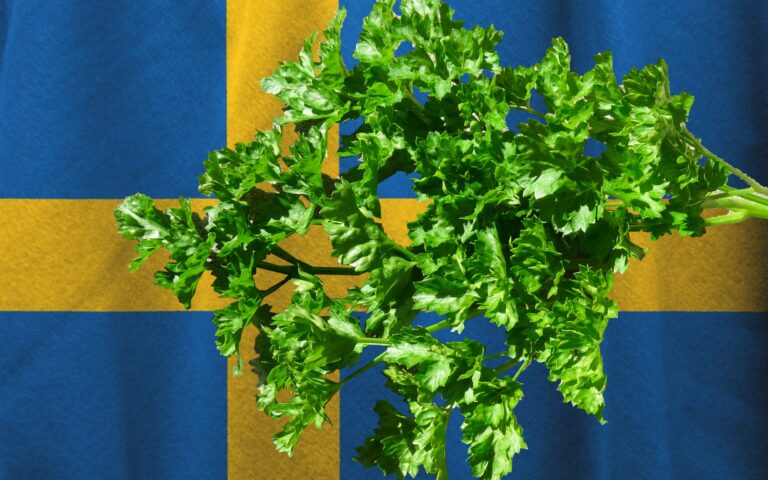In its annual report, the Animal and Plant Health Agency (APHA) of the UK’s Department for Environment, Food and Rural Affairs (Defra) has highlighted a notable increase in Cryptosporidium outbreaks in 2023, while simultaneously observing a decrease in E. coli incidents.
Cryptosporidium parvum outbreaks saw a surge, with APHA assisting investigations into seven outbreaks linked to animal origins. Of these, five were reported in England and two in Wales. Notably, one outbreak was epidemiologically associated with a milk vending machine.
Additionally, APHA’s investigations revealed three human outbreaks linked to open farms, two to commercial farms, and one to a farm shop housing animals on-site. In two instances, animal sampling by APHA detected Cryptosporidium parvum DNA matching human cases, highlighting potential zoonotic transmission pathways.
Conversely, APHA’s involvement in E. coli outbreaks decreased, with only two incidents reported in 2023. These outbreaks were linked to separate animal-contact visitor attractions. Notably, one outbreak involved STEC O157, with APHA identifying a matching strain in pig samples through WGS analysis. Another outbreak implicated both E. coli O157 and O26, with environmental sampling detecting E. coli O26 in a children’s play area.
However, APHA underscores the challenges of detecting E. coli at such sites, citing intermittent shedding and asymptomatic carriage as complicating factors. The agency also highlights common deficiencies at animal contact visitor attractions, including suboptimal handwashing facilities and inadequate supervision of animal interactions.
While APHA’s efforts in investigating E. coli outbreaks in 2022 yielded insights into various strains, including O103, O157, O26, and O145, the agency’s latest report emphasizes the need for continued vigilance and improved hygiene practices to mitigate the risk of both Cryptosporidium and E. coli infections associated with animal-contact environments.
Source: Food Safety News
Reach out to Fresh Group Food Safety And Quality Consulting for any inquiries related to food quality and safety.




